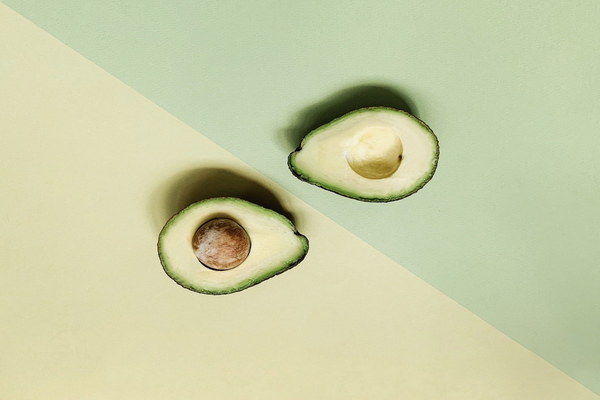Is Zedoary Good for Stomach Health Exploring the Benefits of this Ancient Herb
Zedoary, also known as white turmeric or ginger relative, has been used in traditional medicine for centuries. It is a popular spice in Asian cuisines, particularly in Indian and Chinese dishes. But does zedoary truly live up to its reputation as a stomach-soothing herb? In this article, we'll delve into the research and folklore surrounding zedoary's benefits for gastrointestinal health.
What is Zedoary?
Zedoary (Curcuma zedoaria) is a plant that belongs to the Zingiberaceae family, which also includes turmeric and ginger. It is native to India and Southeast Asia and has been used for both culinary and medicinal purposes. The root of the zedoary plant is the part that is typically used as a spice, and it has a distinct flavor that is both aromatic and slightly bitter.
Zedoary and Stomach Health
1. Anti-inflammatory Properties
Zedoary contains curcuminoids, which are compounds that have potent anti-inflammatory properties. These properties can help reduce inflammation in the stomach lining, which may alleviate symptoms of conditions such as gastritis or peptic ulcers.
2. Digestive Aid
The aromatic compounds found in zedoary can stimulate the production of bile, which aids in the digestion of fats. This can be particularly beneficial for those with indigestion or issues with fat digestion.
3. Antimicrobial Activity
Zedoary has been found to possess antimicrobial properties, which can help combat harmful bacteria in the gastrointestinal tract. This may be beneficial for those suffering from infections or gastrointestinal disorders.

4. Alleviating Indigestion
The carminative effects of zedoary can help reduce bloating and gas, making it a natural remedy for indigestion. The herb can also help soothe an upset stomach and reduce nausea.
Research and Evidence
While there is a wealth of anecdotal evidence supporting the use of zedoary for stomach health, scientific research on the topic is still limited. However, some studies have provided promising findings:
- A study published in the Journal of Ethnopharmacology in 2013 found that zedoary extract could reduce the severity of experimental colitis in rats.
- Another study published in the Journal of Medicinal Food in 2017 reported that zedoary extract had anti-ulcer effects in rats, suggesting potential benefits for human stomach ulcers.
Culinary Uses of Zedoary
In addition to its medicinal properties, zedoary is a versatile spice that can enhance the flavor of a variety of dishes. Here are a few ways to incorporate zedoary into your diet:
- Add grated zedoary to soups, curries, and stews for a warm, aromatic taste.
- Use zedoary in pickles and chutneys to provide a unique flavor profile.
- Combine zedoary with ginger and garlic in marinades for meat dishes.
Conclusion
Zedoary has a long history of use in traditional medicine for stomach health, and while scientific research is still emerging, the herb's potential benefits are promising. Incorporating zedoary into your diet may be a natural way to support gastrointestinal health and alleviate symptoms of various stomach-related issues. However, it is essential to consult with a healthcare professional before starting any new supplement or treatment, especially if you have pre-existing health conditions or are taking medication.









